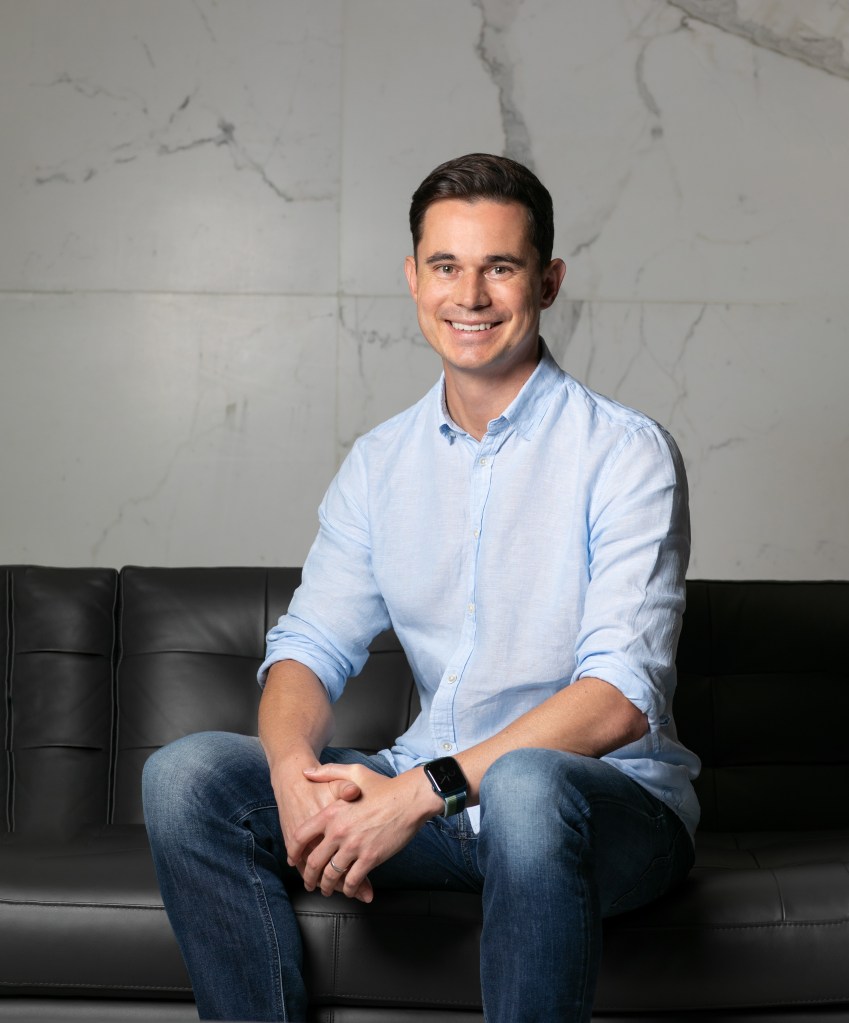The emphasis on climate reporting is growing in the private and the public market.

Accurate and verifiable reporting of greenhouse gas emissions is set to become just as important as a company’s financial accounts, according to one of the nation’s oldest private equity firms.
Symon Vegter of Advent Partners, which transitioned to carbon neutral three years ago, said improved climate disclosure practices would flow from more nuanced developments in the global reporting standards for “financed” emissions.
“Yes, I do believe that’s the way everything is going, in terms of ASIC, the ASX and the government,” Mr Vegter, an Advent partner and co-head of responsible investing, said.
“A lot of the time it’s for larger corporations, and then they work their way down to smaller organisations. We expect more requirements, so that’s why we started early.”
The emphasis on climate reporting is growing in the private – as well as the public – market, from investors to PE and venture capital firms and their investment portfolios.
Scope 3 or financed emissions are generally much larger than direct emissions, known as Scope 1 and Scope 2.
Advent, which opened for business in 1984 and was an early investor in ear-implant maker Cochlear, specialises in the mid-market, with an average equity investment of $40m, ranging up to $60m-$80m.
It focuses on opportunities in the technology, consumer, healthcare and education sectors, aiming to triple the size of portfolio companies in 3-4 years by contributing its expertise in strategy, growth and governance, including sustainability and climate.
In contrast to public market investors, who are generally shareholders in large businesses and have limited influence, Mr Vegter said Advent has large, controlling or majority stakes with a much greater sway over company decision-making.

The firm’s transition path began three years ago, when it became aware through its own funding activities in Europe that the continent’s elevated level of climate awareness would spread to other markets.
While climate was recognised as a risk in Australia, Advent believed there was an opportunity to make portfolio investments more sustainable over its investment horizon.
“So we took a leadership role and became carbon neutral, and this will be our third year in a row that we’ve been carbon neutral,” Mr Vegter said.
“We’ve also implemented that in our portfolio companies.”
In such a new endeavour, hiccups can occur.
At one end of the spectrum, various online programs are available to measure emissions, while at the other end, top-end professional services firms have been busy carving out profitable niches in the area.
After unsuccessfully trying the former, Advent opted to retain Sydney-based Pathzero, which has a digital platform enabling financial institutions to measure and manage their financed emissions information.
“We’ve seen that it’s not only about measurement; it’s about the veracity of the measurement as well,” Mr Vegter said.
“A lot of people are reporting greenhouse gas emissions but it’s not necessarily robust information.”
“At times, I think people jump to putting in place goals before actually having an understanding of what their carbon footprint looks like, what it could look like in 3-5 years, and thinking about practical ways to reduce emissions.”
“The way we’re thinking about it is: ‘have an impact and be practical’.”

The validated data collected by Pathzero meets the standard developed by the Partnership for Carbon Accounting Financials (PCAF), which rates the reliability of emissions reported by institutions in a range of one to five, with one being the highest quality.
Pathzero co-founder and chief executive Carl Prins said the global reporting standards had been recognised as insufficient for financed emissions, and other similar categories such as insurance-associated emissions.
The PCAF (Partnership for Carbon Accounting Financials) standard had been bridging that gap and was rapidly gaining momentum, but was still a work in progress for some asset classes or sub-categories.
“Multiple jurisdictions have been taking steps in the direction of making these standards mandatory, but the universality of use is likely to come more from the pressure exercised by investors than from regulation,” Mr Prins said.
So far, PCAF has attracted 344 financial institutions to its mission of assessing and disclosing emissions from loans and investments.
PCAF, however, is not alone, which is why Advent is exploring a number of alternatives and plans to align next year with a second standard also in widespread use.
While the importance of assessing and disclosing emissions is intensifying around the world, Advent is not yet including such requirements in term sheets shared with investee companies.
Instead, they feature in 100-day plans and key performance indicators agreed with management.
More recently, they are also used as benchmarks when determining short-term incentives paid to senior executives.
“It’s certainly captured in our investment papers, in terms of how we assess a business,” Mr Vegter said.
“We also apply a negative ESG (environmental, social and governance) screening for new investment opportunities that do not align with our key values and key ESG principles, and we’ll do a lot of work around ESG when we’re conducting due diligence.”
Ultimately, however, Advent will not hesitate to walk away from an attractive investment opportunity if it has serious ESG or emissions-related concerns.
The exception would be if the concern relates to something that the firm believes it can neutralise.
“Once we’ve invested, like anything else we do with the business, we’re helping them build, grow and be better and climate management is part of that,” Mr Vegter said.